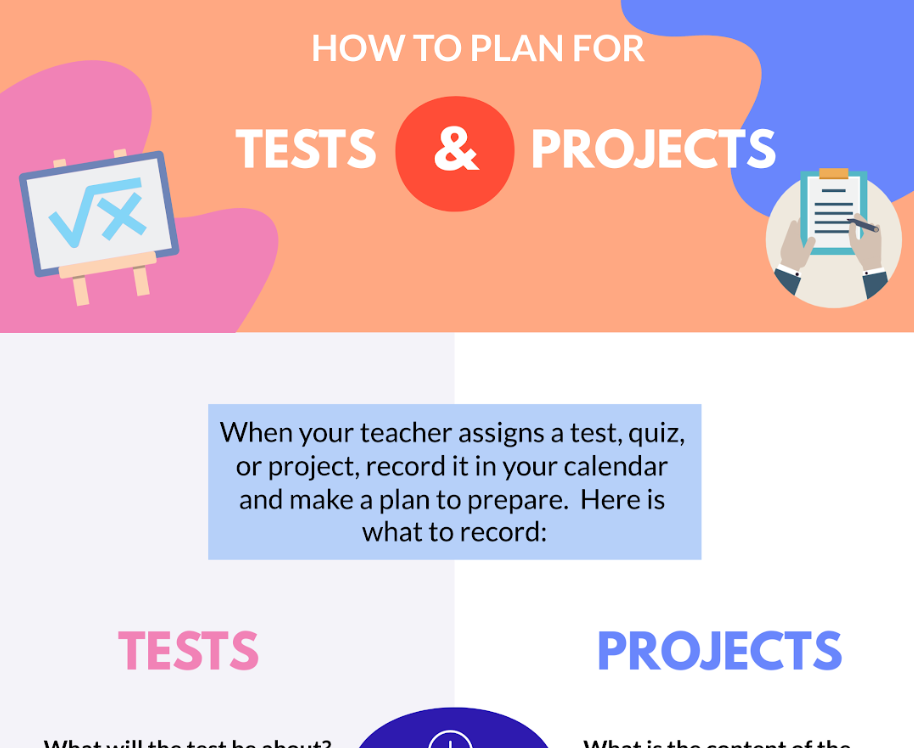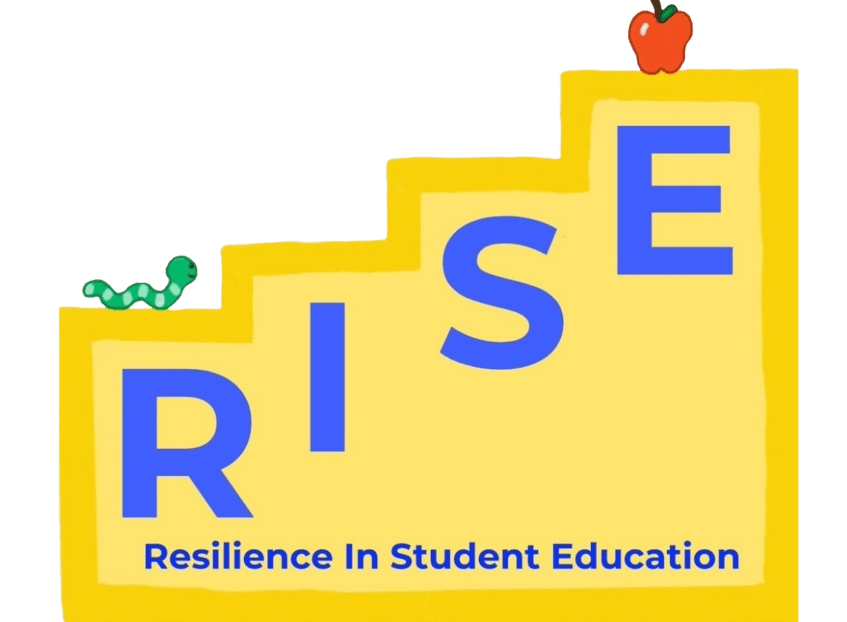Looking to learn more about how to support your child?
Whether you are looking to learn more about our research, find tips on implementing ADHD-friendly skills, or discover nearby support groups for neurodivergence in families, we’ve got you covered. Our team at RISE has committed time in compiling our “RISE Toolkit.”
HELPFUL HANDOUTS
-

TOOLS from CHADD
Teaching Online Organiztional and Virtual Learning Skills (TOOLS) developed by the University of MaryladADHD Progrm in partnershp wih CHADD. They are funded by the Stroud Foundation.
-

Using a Daily Report Card at Home
Information about setting up a goal-tracking system with your child at home developed by the ADHD & Learning Differences Program with funding from the Lambert Mental Health Award.
-

Collaborative Life Skills (CLS)
The Collaborative Life Skills Program (CLS) was developed in partnership with San Francisco Unified School District to address the gap in evidence-based school services for students with attention and behavior challenges.
-

Planning for Tests and Projects with ATOM
Information about helping your child plan for tests and projects developed by the ADHD & Learning Differences Program with funding from the Lambert Mental Health Award.
Videos
-

Improving Sleep in Children and Teens with ADHD (with Stephen Becker, Ph.D.)
Insufficient sleep and sleep problems are very common in children and teens with ADHD. In fact, half of parents of children with ADHD say that their child has moderate or severe problems getting enough rest. In adolescence, sleep can become more disrupted as biological changes affect circadian function and teens take more control of their sleep habits and schedule.
In this hour-long ADHD Experts webinar, Stephen P. Becker, Ph.D., dives into the latest research on sleep challenges in children with ADHD and will share evidence-based principles for solving them.
-

Animated Skills Videos from ATOM
Interested in supporting your child’s academic success. Click the button below to watch “Skills” videos from the ATOM program.
Video Topics addressed in linked playlist:
Introduction to Organization
Staying Organized with Short Clean Ups
Managing E-File Organization
Staying on Task to Complete Assignments
-

Homework, Organization, and Time Management Strategies to Help Kids with ADHD (with Melissa Dvorsky, Ph.D.)
From CHADD’s Ask the Expert Series: Many youth with ADHD struggle with completing homework, planning ahead for projects and tests, organizing school materials, and using time efficiently. This presentation provides parents of youth with ADHD with an understanding of some practical strategies for building and encouraging students’ use of homework, organization, and planning skills.
Learning Objectives:
-Learn key principles for promoting homework, organization, and time management skills in youth with ADHD
-Discuss specific strategies for encouraging homework recording and planning, organization of materials, and time management.
ATOM
The Advanced Tools for Organization Management (ATOM) program is a research-supported intervention for improving students executive function skills, homework completion, and motivation for middle school students with attention/organizational difficulties. ATOM was developed with school partners, parents, and students to best support students with attention or organization difficulties. In ATOM, students learn to organize materials, record assignments, plan ahead, and manage their time effectively.
ATOM was developed by the ADHD and Learning Differences Program with funding from the Lambert Mental Health Award.
CHADD
Children and Adults with Attention-Deficit/Hyperactivity Disorder
CHADD is a nationally recognized organization dedicated to empower individuals and families impacted by Attention-Deficit/Hyperactivity Disorder by providing evidence-based information to promote both community and individual efforts which recognize, celebrate, and incorporate the strengths of those with ADHD.
